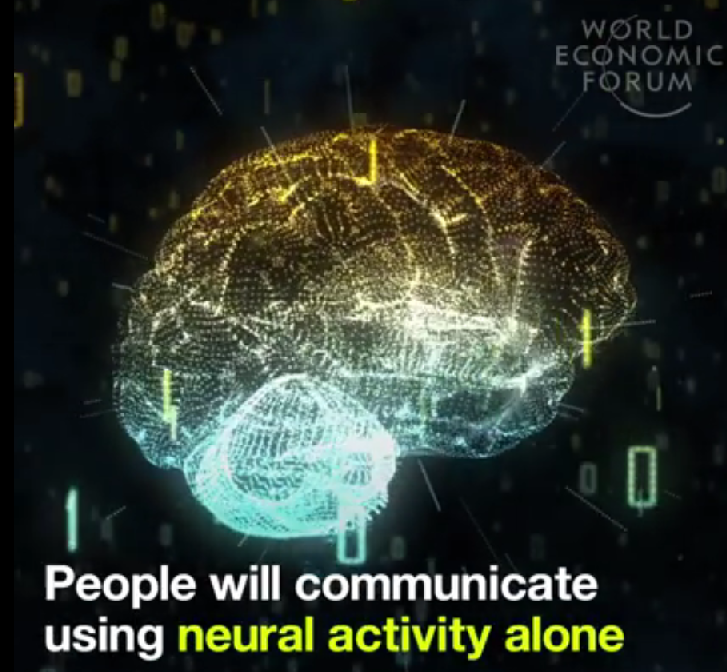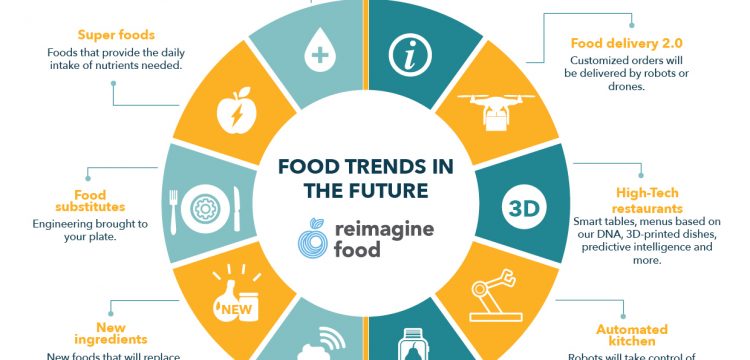Intelligent Machines
Experts Predict When Artificial Intelligence Will Exceed Human Performance
Trucking will be computerized long before surgery, computer scientists say.
Artificial intelligence is changing the world and doing it at breakneck speed. The promise is that intelligent machines will be able to do every task better and more cheaply than humans. Rightly or wrongly, one industry after another is falling under its spell, even though few have benefited significantly so far.
And that raises an interesting question: when will artificial intelligence exceed human performance? More specifically, when will a machine do your job better than you?
Today, we have an answer of sorts thanks to the work of Katja Grace at the Future of Humanity Institute at the University of Oxford and a few pals. To find out, these guys asked the experts. They surveyed the world’s leading researchers in artificial intelligence by asking them when they think intelligent machines will better humans in a wide range of tasks. And many of the answers are something of a surprise.

The experts that Grace and co coopted were academics and industry experts who gave papers at the International Conference on Machine Learning in July 2015 and the Neural Information Processing Systems conference in December 2015. These are two of the most important events for experts in artificial intelligence, so it’s a good bet that many of the world’s experts were on this list.
Grace and co asked them all—1,634 of them—to fill in a survey about when artificial intelligence would be better and cheaper than humans at a variety of tasks. Of these experts, 352 responded. Grave and co then calculated their median responses
The experts predict that AI will outperform humans in the next 10 years in tasks such as translating languages (by 2024), writing high school essays (by 2026), and driving trucks (by 2027).
But many other tasks will take much longer for machines to master. AI won’t be better than humans at working in retail until 2031, able to write a bestselling book until 2049, or capable of working as a surgeon until 2053.
The experts are far from infallible. They predicted that AI would be better than humans at Go by about 2027. (This was in 2015, remember.) In fact, Google’s DeepMind subsidiary has already developed an artificial intelligence capable of beating the best humans. That took two years rather than 12. It’s easy to think that this gives the lie to these predictions.
The experts go on to predict a 50 percent chance that AI will be better than humans at more or less everything in about 45 years.
That’s the kind of prediction that needs to be taken with a pinch of salt. The 40-year prediction horizon should always raise alarm bells. According to some energy experts, cost-effective fusion energy is about 40 years away—but it always has been. It was 40 years away when researchers first explored fusion more than 50 years ago. But it has stayed a distant dream because the challenges have turned out to be more significant than anyone imagined.
Forty years is an important number when humans make predictions because it is the length of most people’s working lives. So any predicted change that is further away than that means the change will happen beyond the working lifetime of everyone who is working today. In other words, it cannot happen with any technology that today’s experts have any practical experience with. That suggests it is a number to be treated with caution.
But teasing apart the numbers shows something interesting. This 45-year prediction is the median figure from all the experts. Perhaps some subset of this group is more expert than the others?
To find out if different groups made different predictions, Grace and co looked at how the predictions changed with the age of the researchers, the number of their citations (i.e., their expertise), and their region of origin.
It turns out that age and expertise make no difference to the prediction, but origin does. While North American researchers expect AI to outperform humans at everything in 74 years, researchers from Asia expect it in just 30 years.
That’s a big difference that is hard to explain. And it raises an interesting question: what do Asian researchers know that North Americans don’t (or vice versa)?
Ref: arxiv.org/abs/1705.08807 : When Will AI Exceed Human Performance? Evidence from AI Experts




